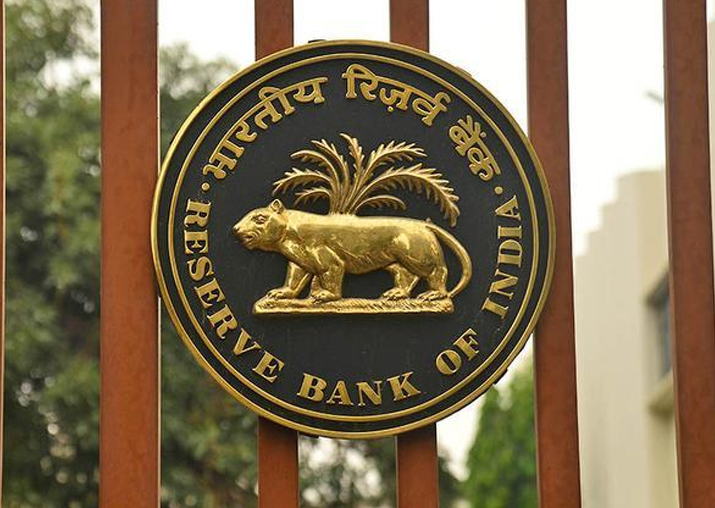Inflationary risks from oil, HRA, fiscal slippage: RBI
The continuing rise in food and fuel prices kept India's annual retail inflation rate over the five per cent mark in December 2017, and last month, at well above the RBI's median inflation target of 4 per cent.
In holding its repo rate unchanged for the third time in succession, the RBI's Monetary Policy Committee (MPC) was guided by concerns about upside risks to inflation posed by crude oil prices, house rent allowances (HRA) and the budgetary fiscal slippage, as per the minutes of the MPC meeting released on Wednesday.
At its final bi-monthly monetary policy review of the fiscal earlier this month, the Reserve Bank of India (RBI) kept its repo, or short-term lending rate for commercial banks, unchanged at 6 per cent citing upside risks for inflation from rising global crude oil prices and various domestic factors.
"Although inflation risks have increased in recent months, incoming data should provide greater clarity about the persistence of inflationary pressures.
"The economic recovery is also at a nascent stage and calls for a cautious approach at this juncture. I, therefore, vote for keeping the policy repo rate on hold while maintaining a neutral stance" was the view of RBI Governor Urjit Patel, as per the released minutes.
"Effective supply management by government could help in keeping food inflation under check," he said.
Patel flagged the upside risks to inflation coming from the staggering impact of house rent allowance increases by various state governments, the higher minimum support prices for kharif crops announced in the farm-friendly Union Budget, as well as the fiscal slippage, by Finance Minister Arun Jaitley earlier this month.
The continuing rise in food and fuel prices kept India's annual retail inflation rate over the five per cent mark in December 2017, and last month, at well above the RBI's median inflation target of 4 per cent.
The central bank raised its inflation forecast for the fourth quarter of the current fiscal to 5.1 per cent, and between 5.1 per cent and 5.6 per cent for the first-half of 2018-19.
In defence of the decision to hold the policy rate with a neutral stance, Patel, however, said that economic recovery was at a nascent stage, which required a cautious approach.



No comments:
Post a Comment